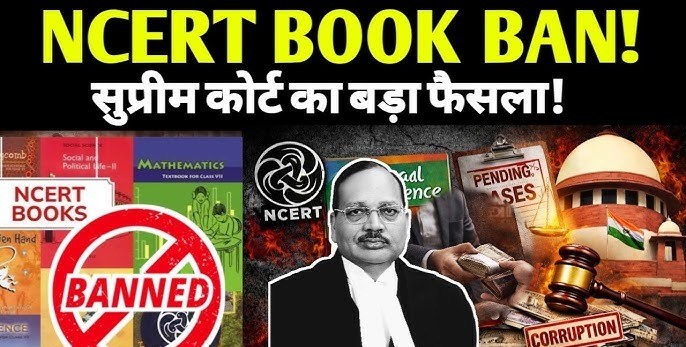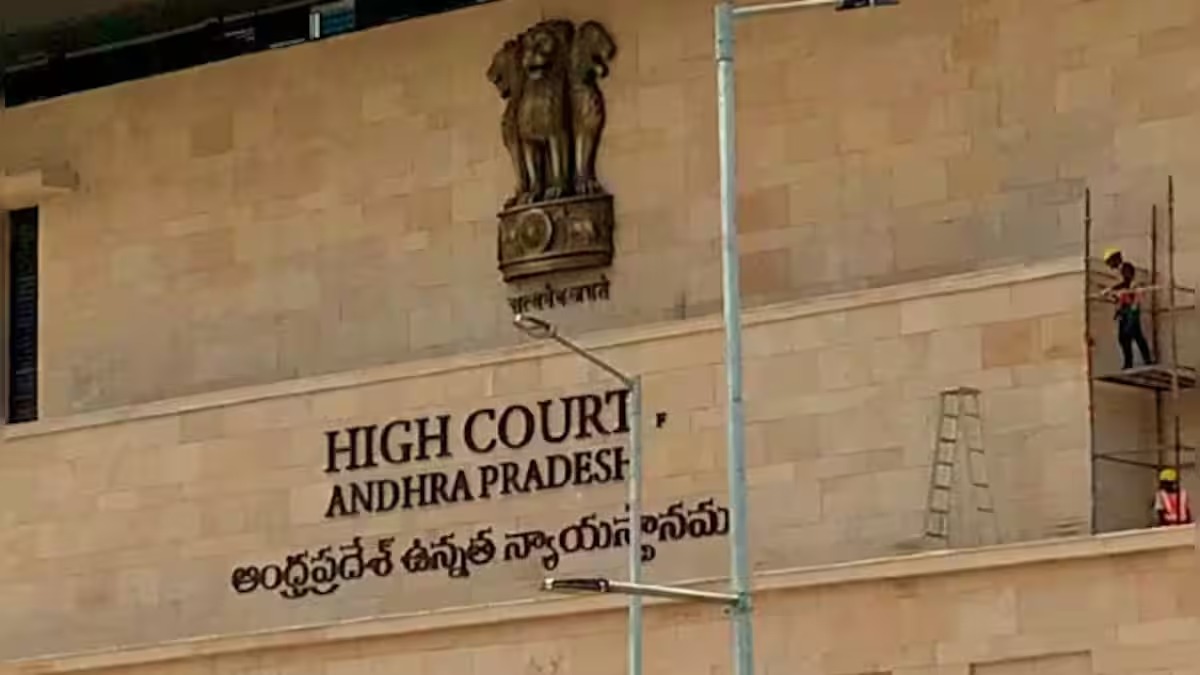1. This appeal arises out of a suit for the specific performance of a contract said to have been made by Defendant No. 1 with the Plaintiff for making an arpannamah or dedication of 230-235 bighas of lakheraj and rent-paying land yielding an annual income of 500 rupees and some other properties for the maintenance of a mosque. The facts shortly are that a suit for the partition of the estate of Shamsuddin Naskar deceased was pending in the Original Side of the High Court. The Official Receiver was appointed Receiver in respect of the estate and under the order of the Court he made a contract of sale of the whole residue of the estate to Defendant No. 1 who was evidently acting as the benamdar of his father Defendant No. 1 for 26,000 rupees, the vendee agreeing to make an allowance of 50 to 100 rupees per annum towards the expenses of the mosque, existing on the property. After the affidavit of the proposed vendee containing these terms had been filed in Court, this agreement or contract is said to have been made unknown to the Receiver and without any intimation to the Court. Although the mosque belonged to all the heirs of Shamsuddin Plaintiff alone brought the suit. The Court of first instance dismissed the suit on the ground of non-joinder as well as on the merits holding that the ekrarnamah in suit was not genuine: and that even if it were genuine it could not be enforced as it was illegal in that no Hindu could under the Mahomedan law make a dedication in favour of a mosque and that in any case it was an attempt to secure for the Plaintiff an illegal advantage in his own favour to the exclusion of his co-sharers. On appeal by the Plaintiff, the District Judge upheld the decree on the ground of non-joinder but did not come to any definite findings on the merits.
2. On second appeal before us it has been contended that the District Judge is wrong in dismissing the suit and a suit for the specific performance of the contract was maintainable by the Plaintiff who alone was a party to the contract and that if the co-sharers were necessary parties they might have been joined as Defendants. We should have been inclined to make a remand for a decision on the merits in the presence of all the members of the family but in the view that we take of the legal aspect of the case on the merits, we think it would be quite useless to do so.
3. The arpannamah or dedication that was to be made under the alleged contract was one for the maintenance of a mosque. The validity of such a dedication would depend upon the provisions of the Mahomedan law. Mr. Baillie in his Digest of Mahomedan law, p. 552, says "It is a further condition that there be a nearness, i.e., some relation between the appropriator and the objects of the appropriation * * * If a zimmi should appropriate his mansion for a temple, a church or a house of fire it would be void, and in like manner if it were for repairing them or the supply of oil for their lamps." Mr. Ameer Ali in his Tagore Law Lectures for 1884, p. 160, says "any person of whatever creed may create a wakf, but the law requires that the object for which the dedication is made must be lawful according to the creed of the dedicator as well as the Islamic doctrines. Divine approbation being the essential element in the constitution of a wakf if the object for which a dedication is made is sinful either according to the laws of Islam or to the creed of the dedicator it would not be valid. Consequently a Moslem cannot make a dedication in favour of an idol, a non-moslem place of worship, or any other object which is recognised as unlawful or sinful in his law nor can a Non-Moslem validly make a dedication for a Moslem place of worship." And again at p. 424 "A Non-Moslem who fulfills the conditions above-mentioned can make wakf of the whole or part of his property." The law maker but one exception to the liberality of those who do not follow the Islamic faith: it forbids their constituting a mosque as beneficiary of their wakf. "It is unlawful for an unbeliever to make a wakf in favour of a mosque." See also Wilson''s Anglo Mahomedan Law, p. 365.
4. The object of the agreement was therefore unlawful as the Defendants Nos. 1 and 2 are Hindus and the contract is void.
5. There is another ground upon which the contract impugned as unlawful. The property was then in the hands of the Court Receiver who had received an order for making a sale. The Receiver was making the contract for the sale. The agreement in dispute would have the effect of making a large deduction from the property sold without the knowledge of the Receiver. The deduction would be in favour of an object to which all the co-sharers might not agree and which would enure to the profit of the Plaintiff alone as he was to be the mutwalli, the consideration being that he would refrain from doing an unlawful act by obstructing the purchaser in taking possession. It would be against public policy to allow such an interference with the work of the Receiver. On both the above grounds the agreement even if proved is unlawful. We think therefore that it would be a lamentable abuse of judicial procedure to allow further proceedings for deciding the questions of fact that would arise if the agreement were lawful. In the result, we dismiss the appeal but without costs in any Court as there are some indications in the record of some sort of secret understanding between the parties.

